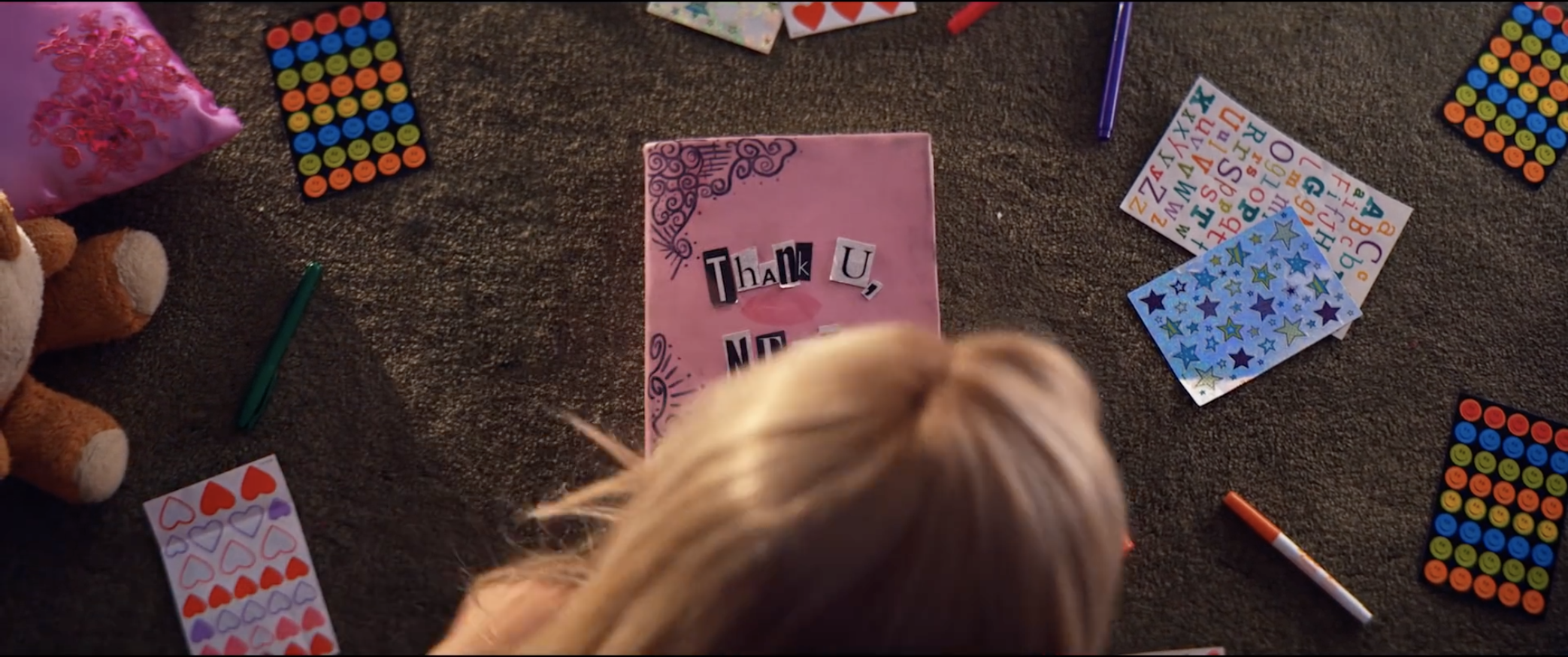Everything started when I heard a seductive voice mewling at me, “Thank you. Please remember to take all your purchases.” Initially, I assumed it issued from one of the FairPrice aunties prowling the self-checkout area.
Then I saw the auntie taking a swig from her pink Nalgene bottle and discovered it was the machine speaking to me. And in that moment I realised the emptiness of the phrase ‘thank you’.
If we, as a society, have gone to the extent of programming machines to thank us—and if we are equally nonchalant as to whether it’s a robot or a human doing so—then it suggests that our motivation behind uttering “thank you” is more a social obligation than a genuine feeling of gratitude.
My world shattered open like the box of blueberries I dropped during this epiphany.
I began replaying all the ‘thank-yous’ I received in my life. The ones from the bowing maidens at a Chinese hotpot place. The :foldedhands: emoji my friends and colleagues send me. Surely they meant something? Surely they were more than an instinctual acknowledgement of my presence or action? Or could the NTUC FairPrice machine have spontaneously gained consciousness and developed feelings for me, thus preserving the sanctity of the ‘thank you’?
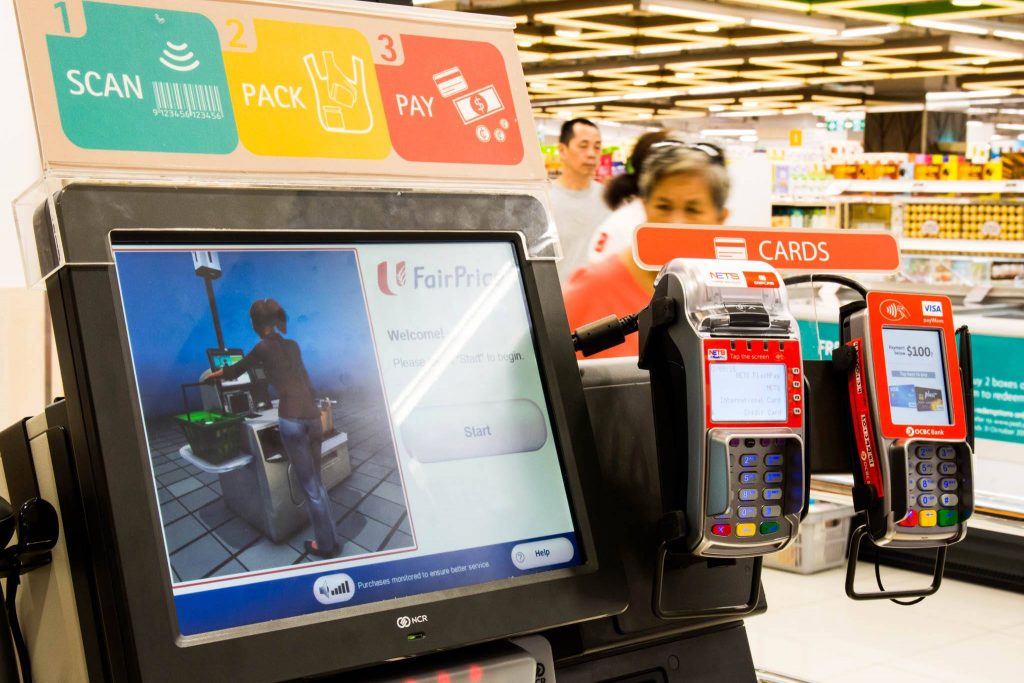
In other words, being polite—of which saying “thank you” is an example—is a fundamentally selfish and egoistic act. We say “thank you” because we want other people to think highly of us.
So someone who rolls “merci beaucoup” off their tongue is not actually thanking you, but performing the ultimate flex. They are saying, “Look at me. I am a cultured person. Now excuse me while I dig snails out of their shells and eat them.”
Lawrence E. Klein, a historian who conducts research in the history of politeness, agrees with this definition: “Politeness was associated with and often identified with gentlemanliness.” Politeness, in short, “reinforce[s] an elitist ideology”.
Perceiving politeness in such absolute terms is, needless to say (but I should say it anyway), an exaggeration. I am not claiming that the people who say “thank you” are superior to or more well-bred than those who do not.
Instead, I simply want to point out that Klein’s research and Lord Shaftesbury’s definition have identified a fundamental difference between the utterance of “thank you” and feeling thankful. The former is an elevation of your ego while the latter is its exact opposite: diminishing your own ego to acknowledge someone else’s help.
If all this sounds a bit too abstract, just think of it in these terms: remember when you told your ex you loved them because you wanted to sleep and not have that conversation then? Yeah. Same thing.
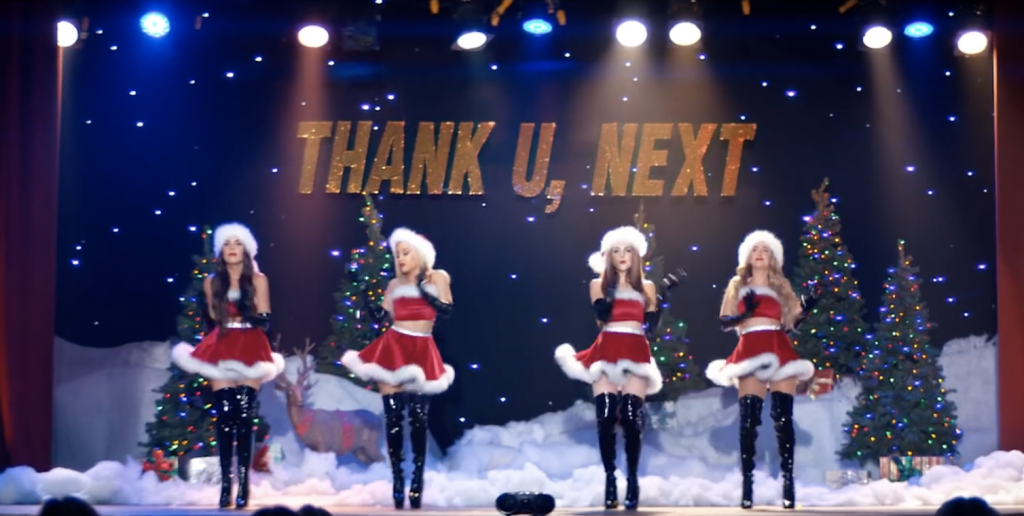
And like all rituals, its meaning is eroded each time we carry it out without understanding the processes underpinning it.
“Thank you” becomes a hollow phrase, devoid of meaning.
That is not to say that we should stop thanking service staff, our friends, or anyone who renders us help.
Feeling and saying something are not mutually exclusive gestures. We can say “thank you”, mean it, and feel grateful simultaneously.
If we’re being honest with ourselves, however, most of us don’t synthesise all three actions. It’s just more convenient not to think about what we mean when we say “thank you”—we don’t have time to feel emotions anymore. I certainly am guilty of firing off :foldedhands: out of a sense of obligation more than a feeling of gratitude.

It could be because our partner has just dumped us and we can only communicate in the language of tears, so we snivel snot at, instead of thanking, our friend who is patting us on the back.
Or we could be dashing out of a car, thus forgetting to thank our Grab driver because we got off work late and have just five minutes to run to the theatre before our show starts.
Or we could simply be shy. A 1996 study found that Chinese people—and groups that share cultural characteristics with the Chinese—“expressed a lower proportion of emotional words than White participants, and the Chinese were less emotionally expressive overall”. Thus, while we might feel thankful, we might not express it.
Paradoxically, these scenarios are possibly more abrasive than those in which we say “thank you” but don’t mean it. Your friend might feel unappreciated; the Grab driver might feel like his efforts at taking all possible shortcuts went unnoticed.
It is clear, then, that the ideal scenario would be one in which both sentiment and expression meld together in a harmonious whole.
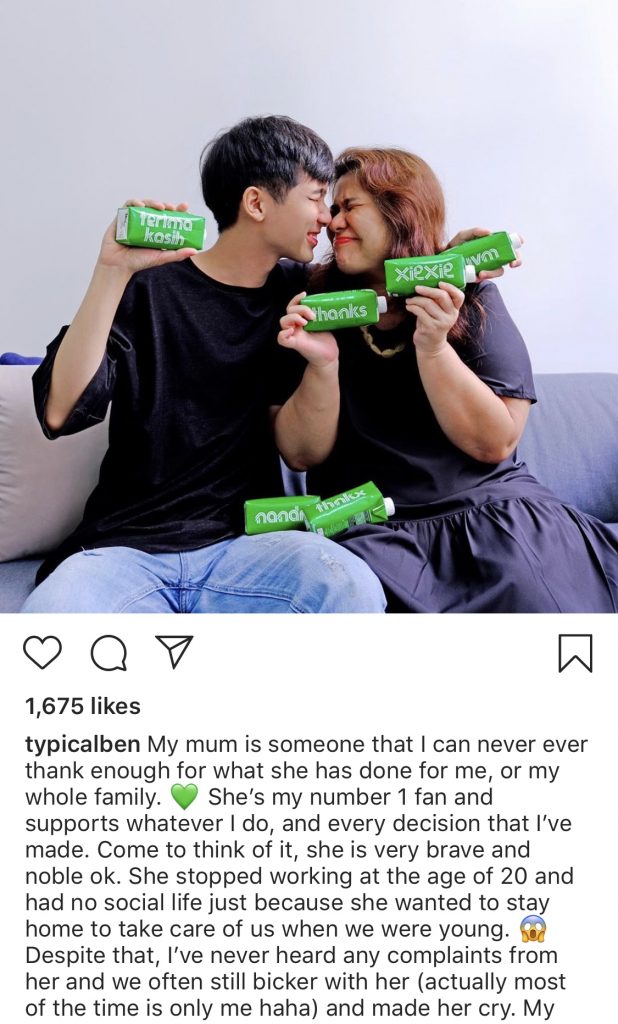
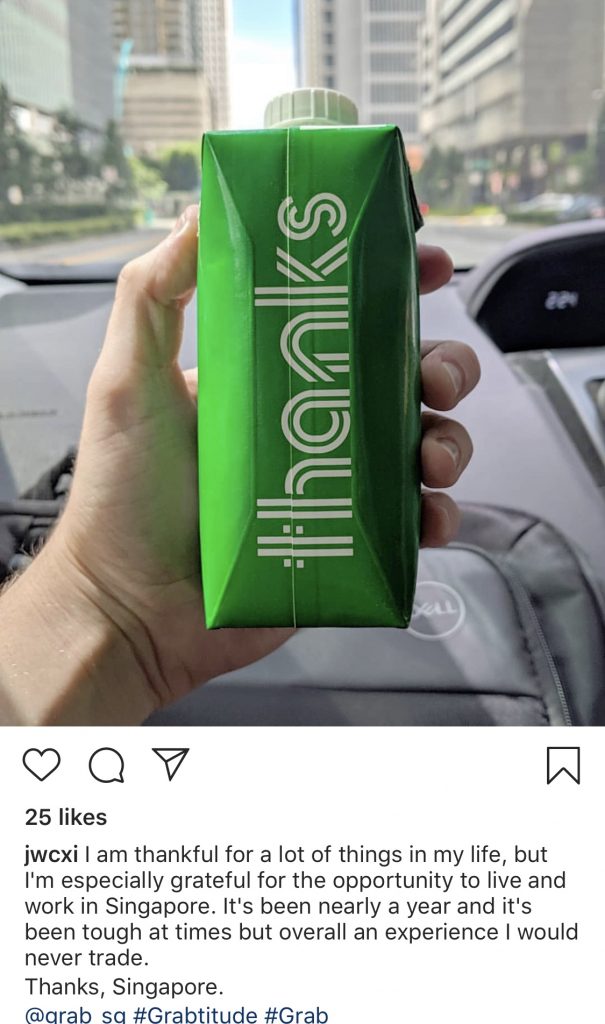
A simple way to start achieving this state would be to, in Lewis Carroll’s words, “say what you mean … [and] mean what you say”.
Tomorrow, when you encounter people who have done you a service in any way, make eye contact with them, say thank you, and mean it. Furthermore, instead of just saying ‘thank you’, say why you are thankful:
“Thanks for helping me da bao coffee. I want to say I’m swamped with work but I’m really just too lazy to walk.”
“Thanks for giving me a fast ride home. I miss my cat already”
“Thank you for teaching me love, patience, and pain.”
Finally: Thank you for reading my article. It is paying for my cai fan lunch.
Collect all 6 water bottle designs, tag @grab_sg and hashtag #Grabtitude and a $50 ride voucher will be yours. Take this opportunity to also mention in your social media post someone you want to thank.
Thank you Grab for thanking us.
This story was sponsored by Grab.
If you want to thank us, we are available at community@ricemedia.co.

